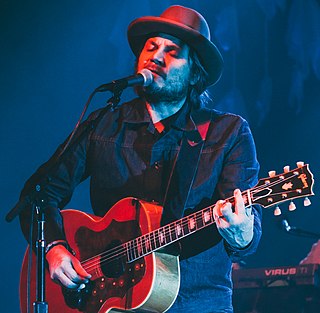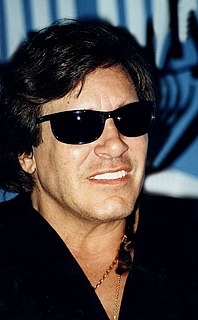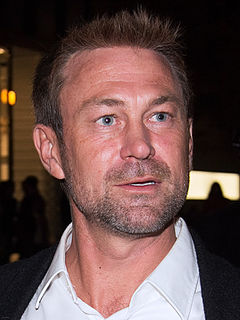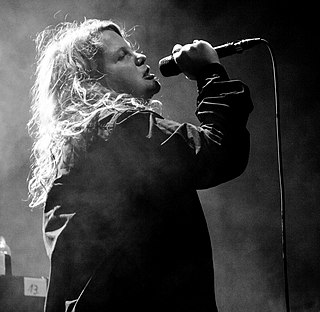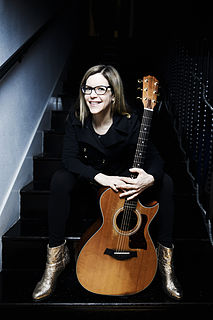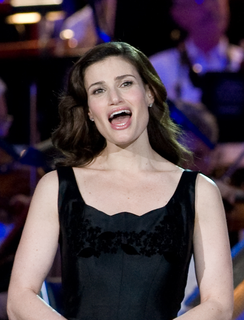A Quote by Jeff Tweedy
To be honest, I’m more concerned with living my life than writing about my life. I feel like that’s really the main thing I know now that I didn’t know when I was younger — and that is that you have to have a life to write about one. If you’re more worried about having experiences so you can write about them, I think you’re kinda being ridiculous, and I think a lot of young people look at it like that.
Related Quotes
One thing about having mostly absent parents that I think was perhaps "good" for the development of my intellect/writing is that I was given almost total freedom to read/write/look at whatever I wanted. I wonder a lot about how my past experiences, particularly my negative childhood (home life and being severely bullied/ostracized throughout school) as formed my/my thoughts/my writing, though I should also note those things were far from the only thing that had an impact on me/my writing.
I think it's really easy for people to point out hypocrisy in people's lives. It's like yeah, I get on planes a lot, and I drank from a plastic water bottle today - you know what I'm saying? A lot of people would just be like, "Oh, you're a hypocrite. You live in an ecovillage for a month, and then you fly around the world to talk about a movie." Don't think that I don't think about those things! Don't think that that's not, like, a quandary in my life. It can be a pretty intense ethical dilemma. I think it's about figuring out, you know, navigating life.
There's a lot of material from my life in my books, but they're not really autobiographical, in the sense that they're not about my life. So, in 'A Feather on the Breath of God' I write about my parents, I write about this Russian immigrant, I write about the world of dance, but it isn't an autobiography; so much is left out.
I could write all songs all day long about what I think about the music industry or music in general. Sometimes I gotta be like, "Let's write about something else." You don't want to say the same thing over and over again. In a lot of ways, I look at records as a year or two of my life encapsulated in songs. They're almost like journal entries.
I think my children have presented one of the biggest lessons so far in my life. It was only when my kids were born that I realized just how much I'd been living my life worried about what everybody thought of me and, even more strangely, worried about what I imagined other people might be thinking about me.
The minute you finish a piece of writing it doesn't belong to you, you don't write it any more, it belongs to you, the reader, the listener, the audience. So the less you know about whether or not this is me talking about my life or this is me talking about your life, I think the better. Then it can belong to you and it can live outside of the moment in which it was conceived.
I'm trying to write truthfully about life, and naturalism, or the way people normally talk in movies, is a convention. The way I write is about life and is quite truthful, and there is a kind of brutal side to the relationship, and to the feelings, that makes it somewhat painful, but I think it's a very intense portrait of the relationship of two people. And a bit about what people feel like when they're alone, because it all takes place in one day, and during the day, they spend a lot of time alone in their different - you get to imagine what their fantasy lives are like.
That's what I love about songwriting - that you can write something about your own experiences and think it's completely specific to you, and then people can take away a completely different meaning for themselves. I really love that. I think you've been successful at writing a song when it has a larger life than yourself.
